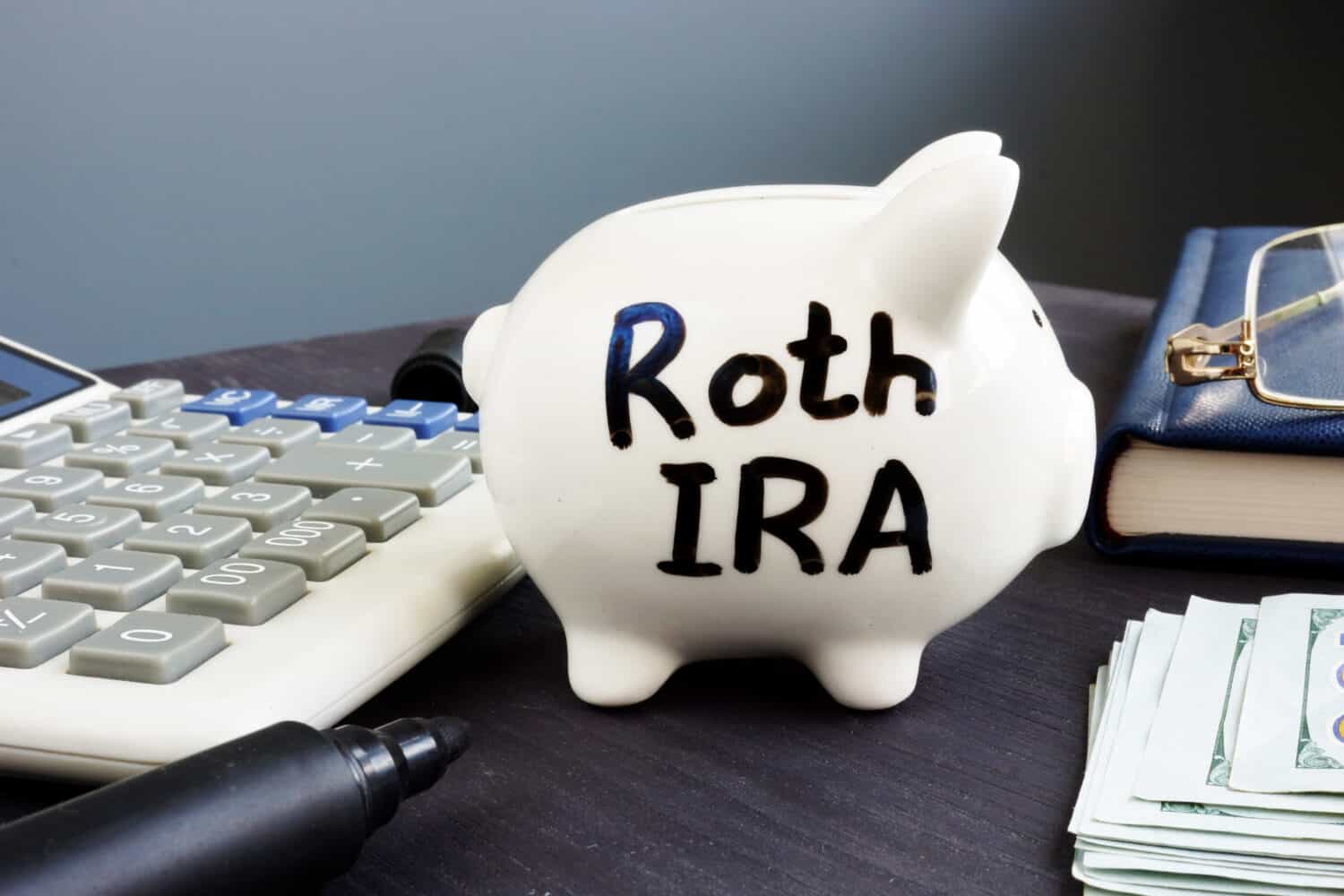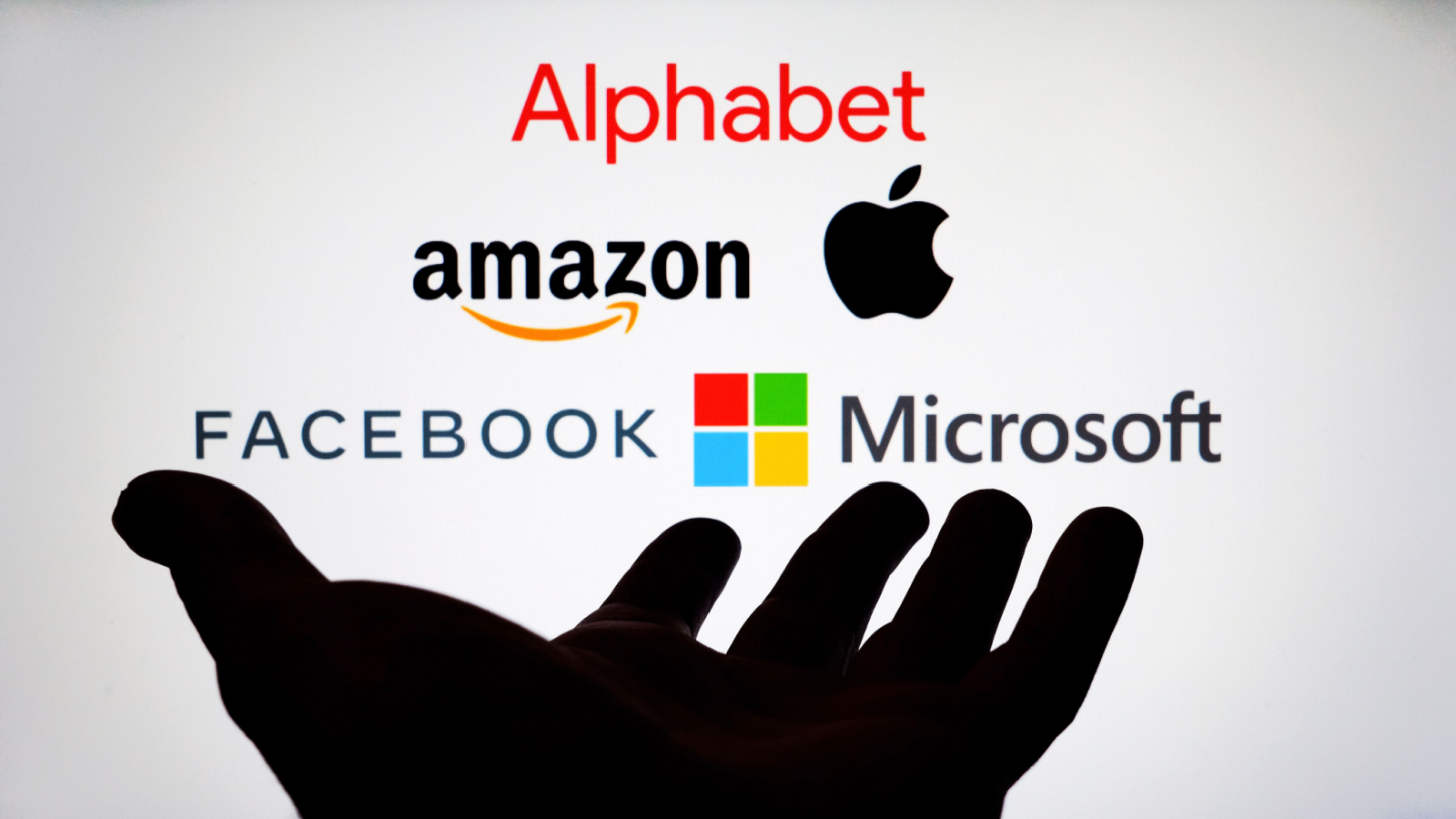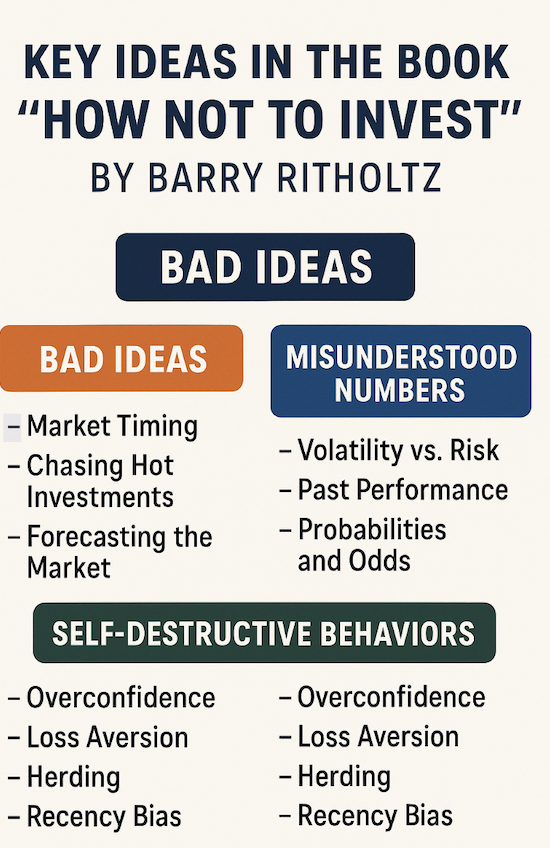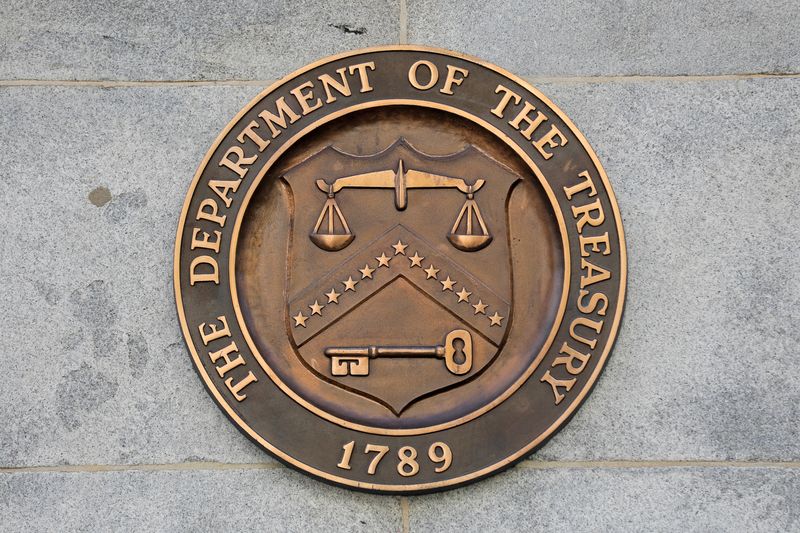I make too much for a Roth IRA but want a strategic way to grow my money
If you’re going to save for retirement, you might as well enjoy a host of tax benefits along the way. That’s why savers are often encouraged to choose IRAs or 401(k) plans to house their savings. IRAs and 401(k)s come in both traditional and Roth versions. But there are big benefits to choosing the […] The post I make too much for a Roth IRA but want a strategic way to grow my money appeared first on 24/7 Wall St..

Key Points
-
Roth IRAs offer a world of benefits.
-
There are ways to get around the income limits associated with these accounts.
-
There are also other tax-advantaged accounts you can explore.
-
Are you ahead, or behind on retirement? SmartAsset’s free tool can match you with a financial advisor in minutes to help you answer that today. Each advisor has been carefully vetted, and must act in your best interests. Don’t waste another minute; get started by clicking here.(Sponsor)
If you’re going to save for retirement, you might as well enjoy a host of tax benefits along the way. That’s why savers are often encouraged to choose IRAs or 401(k) plans to house their savings.
IRAs and 401(k)s come in both traditional and Roth versions. But there are big benefits to choosing the latter.
With a Roth account, you get to enjoy tax-free gains on your investments and tax-free retirement withdrawals. And both Roth IRAs and 401(k)s don’t impose required minimum distributions (RMDs), which gives you more freedom with your money.
But while Roth 401(k)s don’t impose income limits, the same can’t be said for Roth IRAs. And if you’re a higher earner, you may hit a snag.
That’s the situation this Reddit poster seems to be in. With an annual income of about $235,000, they make too much money to contribute to a Roth IRA. But that doesn’t mean that account is off the table for them.
The sneaky but legal way to fund a Roth IRA
Earning too much will get you barred from funding a Roth IRA directly. But that doesn’t mean you can’t fund one indirectly.
One thing you’re allowed to do in this situation is contribute to a traditional IRA and then convert that account to a Roth. You can do a partial conversion, where you move some of your money into a Roth IRA, or a full conversion.
A Roth IRA conversion needs to be planned for. The sum you move over adds to your tax bill, so if it’s a large amount, you may want to split up your conversion across a number of years.
You can also time your conversion strategically based on income projections. If you’re self-employed and expect to slow down on work in 2026, for example, that could be a good year to do a Roth conversion. With a lower income, you may land in a lower tax bracket, minimizing the tax hit.
It’s also a good idea to consult a tax professional or financial advisor about converting to a Roth IRA. They can help you with the timing.
Other accounts to look at
It’s easy to see why you’d want to put money into a Roth IRA. But if the time isn’t right to do a conversion, there are other accounts you can fund.
First, if you have an employer and their 401(k) has a Roth component, that’s worth exploring. You’ll effectively get the same benefits as a Roth IRA.
And to clear up any confusion, Roth 401(k)s used to impose RMDs, so Roth IRAs had an advantage in that context. But the rules have since changed, and now, you don’t have to worry about RMDs in either Roth account. And since Roth 401(k)s don’t have income limits like Roth IRAs, higher earnings won’t be a problem.
If you like the flexibility that comes with a Roth IRA, you could also look to put some money into a taxable brokerage account. This may be worth doing if early retirement is on your radar.
Finally, if your health insurance plan qualifies, look into opening and contributing to a health savings account (HSA). HSAs offer the same tax benefits as Roth IRAs only with the extra perk of having contributions also go in tax-free.
And you’re not limited to using an HSA for healthcare expenses. Once you turn 65, there’s no penalty for non-medical withdrawals (though withdrawals in that category are taxed). So that’s yet another account you can use to set yourself up for retirement.
The post I make too much for a Roth IRA but want a strategic way to grow my money appeared first on 24/7 Wall St..








































































































































































